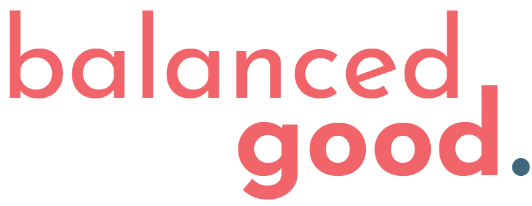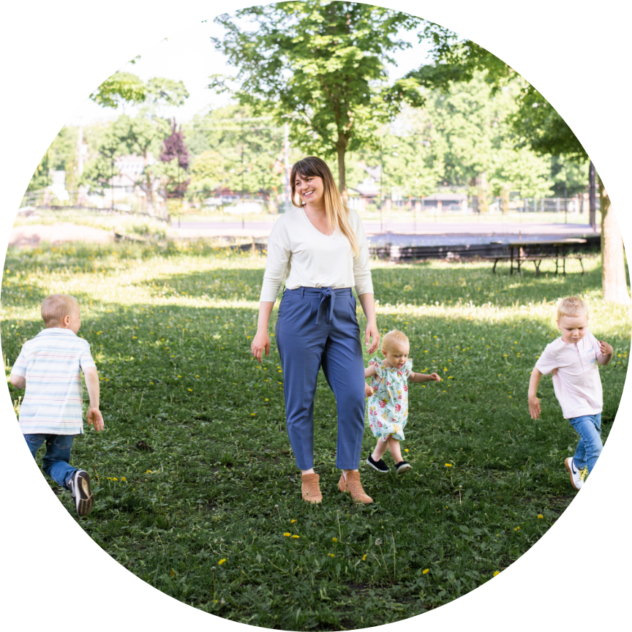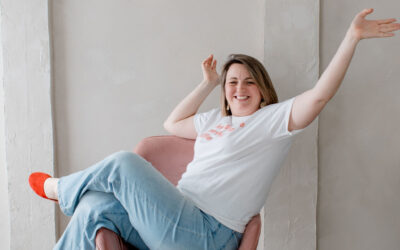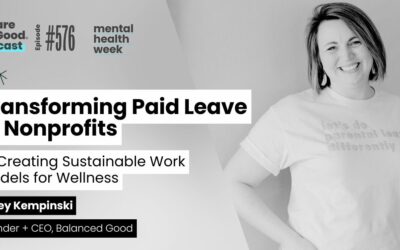…and other insights from a database guru.
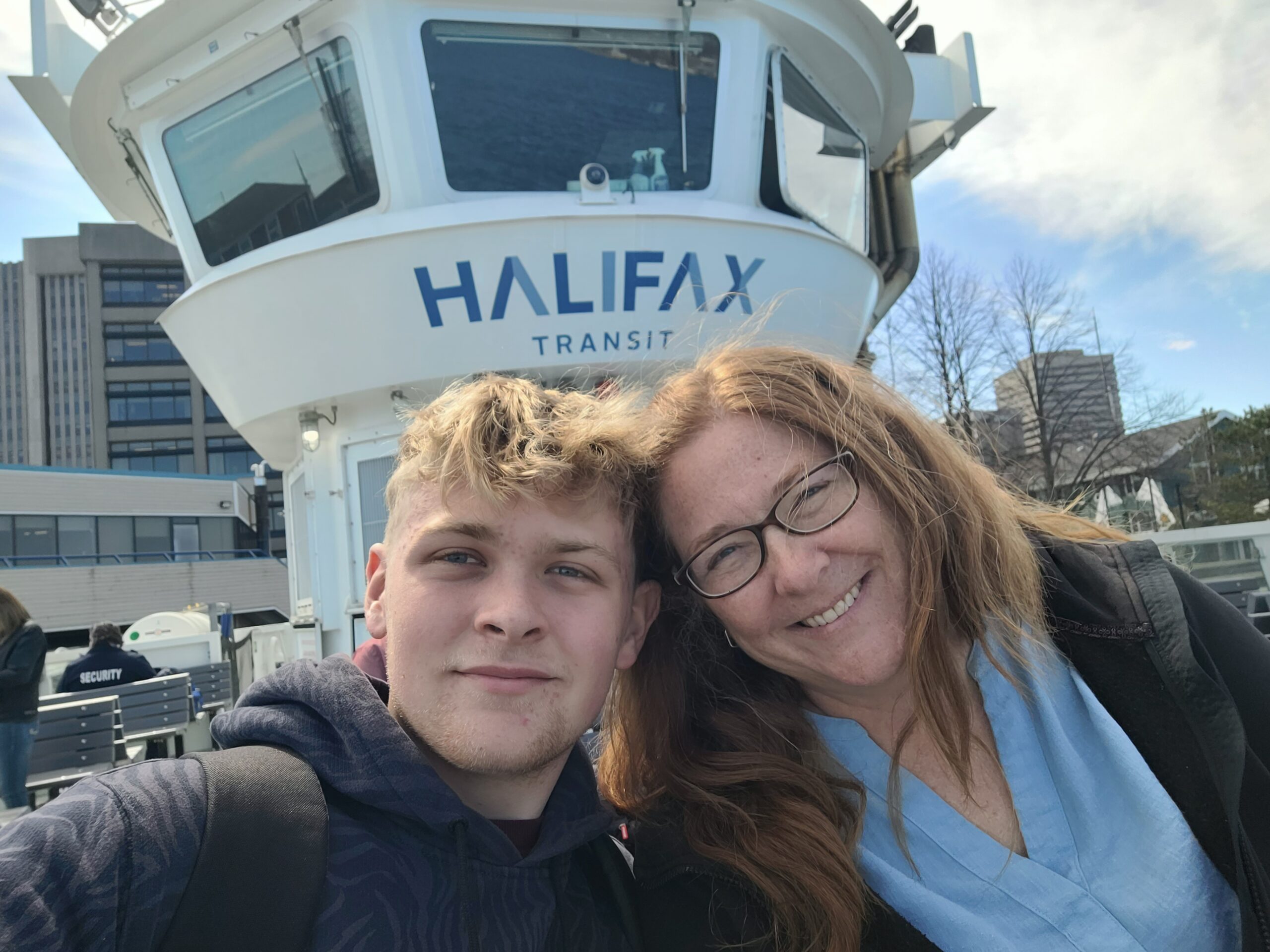
Lisa and Ruben afloat in Halifax, Nova Scotia
Often, database health can be an overlooked priority in small non-profits. If you’re looking for solid reasons to devote time to your database – read on!
Lisa Mulholland, CFRE (She/Her) is the founder of Mulholland Drive Consulting. She’s all about freeing leaders to serve their organization’s mission through defining organizations’ communities and the best way to build support, to full grant application support and Raiser’s Edge database software support and analysis. Additionally, Lisa volunteers as the Director of IDEA, AFP Golden Horseshoe Chapter and is a Neighbourhood Auntie. Lisa and her partner Milena (Zofka) Zofcinova have two sons, Ruben and Sam and two dogs, Jet, and Adobe.
Lisa Mullholland is a fantastic fundraising consulting partner. We have coordinated on several projects and love her strength in assessing and improving database health and efficiency for smaller non-profits. Lisa and I first connected through AFP Golden Horseshoe’s National Philanthropy Day committee. Our friendship and collaborative working partnership has continued to grow!
LinkedIn Page: https://www.linkedin.com/in/lisamulhollandcfre/
Website: www.mulhollanddrive.ca
Email Me: lisa.mulhollandcfre@yahoo.com
Briefly tell me about a day in the life of Lisa Mulholland.
A good working day begins with a good strong cup of tea as I review emails and schedule. I usually keep my mind fresh by switching between different causes. Last week I was able to work on Visual Arts, Animal Welfare, Human Services and Mental Health. Yesterday I researched and wrote grants, spent some delightful hours puzzling out a data request and met with social work co-op students I am teaching to apply for funding. I also attended an IDEAs webinar.
We both love to help small to medium non-profits. How did you narrow your focus on helping non-profits with special projects, Raiser’s Edge, and databases? And how did you decide to become a consultant and start Mulholland Drive?
After many years of working in non-profit organizations I realized that I had some challenges fitting into their organizational hierarchies and modes of thinking. I was enthusiastic about the cause and supporting my co-workers but was unskilled at office politics. Consulting seemed a good way forward. As a consultant I am always excited to learn about a new area of work and shape my experience to support a new mission. While database work is much the same across organizations I have worked in all areas of fundraising and can bring a new perspective and support to Executive Directors and Development Offices. As a consultant I am outside of organizational politics and can complete a project and be on my way or renew a contract and keep working – as desired by both parties. I also thrive on training up the next generation of professional and ethical fundraisers which is why I enjoy mentoring and working with co-op students and new staff members.
Working with small to medium non-profits was a natural fit. I can have a much larger impact on a small shop and can really get to know the individuals with whom I work. Sharing projects with BG has opened even more doors, as together we can offer highly impactful, wrap-around services for Development Offices.
Can you share a bit about your experience as a working parent? How have you balanced or blended work and family life priorities? How has this changed since becoming a consultant?
Becoming a consultant was the best thing for family life and parenting. We immigrated to Canada when Sam was three and then Ruben was born here. For a long time Zofka and I had alternate schedules. I’d come home and hand her the car keys and she would head out to interview people in their homes as a market researcher. As a result, my sons spent many evening hours at board meetings, as “volunteers” and attending non-profit events. During those years we adults were pleased if we could grab a moment of family time on the weekend while still getting boys to art, hockey, soccer, birthday parties or other activities.
Each of my sons had their own difficulties growing up which required a lot of parental attention, therapies, and appointments during work hours. Meeting their needs while working 9-5 plus events was stressful and I constantly juggled responsibilities. When I became a consultant, I began to set my own hours around the kids and their needs. For example, my younger son is in his final year at a boarding school for dyslexic students in upstate New York. I know I can work all hours while he is away and cherish the opportunity to organize my summer and holiday schedule to enjoy those last few moments of his childhood with him. I still enjoy working in the evening when everything is quiet, and the dogs are snoring.
We’ve partnered together for some time (thanks for your continued enthusiasm!) In that time, I’ve gotten know about your passion for travel and your work supporting international and new Canadians. How do you make room for and balance these activities?
I have enjoyed traveling my whole life and luckily my family members are always ready for a shared adventure. We tend to travel in a low-budget way that leaves lots of opportunities to meet people and learn about their real-life culture, food, hopes and expectations. We have experienced hospitality in every place we have ever visited, and it seems only fair to return hospitality by participating in international projects or guiding new Canadians as they navigate their new country.
One method of making it all possible is to try to blend work and travel. In the past year I created opportunities to visit and pitch services to agencies while in Shetland, Nova Scotia, Florida, and London. During winter break I’ll tour non-profits in the Czech Republic then visit family in the countryside. Talking to fellow non-profit workers, in their organizations around the world, is a fantastic way to share successes and learn about pitfalls, all while building markets.
You’ve said you have “a nerdy super-power in Raiser’s Edge and RE NXT” which you’ve demonstrated thoroughly! You also say you love a nice clean set of donor data in a nice tidy database. The importance of these elements can’t be stressed enough in our sector. What are the 3 top reasons why Nonprofit organizations need a clean database?
The top three reasons are: find and successfully steward hot prospects, weed out lost causes (and stop posting them unwanted and expensive mailings) and be professionally prepared on calls with stories that connect personally to prospect interests.
In addition, an updated database is quickly going to be one of the most important foundations for organizational success in the coming age of AI. AI will soon be used to search data and suggest actions in ways we haven’t seen before. Those agencies without a clean base to start from will start off on the wrong foot and miss the initial success of non-profits who are ready to embrace new technologies.
What is on your current reading list?
Between my book club and suggestions from friends I have a long list of books waiting to be enjoyed. I get the greatest joy by learning through reading. Currently I am exploring Afro-Science fiction from Tomi Adeyemi and Nnedi Okorafor, Nigerian writers like Chimananda Ngozi and reading through the works of Lisa See.
When you manage to find a few moments for yourself, what is your go to self-care activity?
My best self-care is attending “stretchy” yoga classes at a local studio, walking the younger dog around RBG trails, and sinking into a good book.
